Biochemistry
Biochemistry is a scientific discipline that explores the chemical processes and molecules that occur within living organisms. It combines principles of chemistry and biology to study the structure, function, and interactions of biomolecules such as proteins, carbohydrates, lipids, and nucleic acids. Biochemistry explores chemical processes related to living organisms. It is a laboratory-based science combining biology and chemistry.
Biochemistry focuses on the study of biomolecules, which are essential components of living organisms. These biomolecules include proteins, which are involved in cellular structure and function; carbohydrates, which serve as a source of energy and structural components.
The scope of medical biochemistry includes the following:
- The chemical components of the human body, including carbohydrates and lipids; amino acids and proteins; blood and plasma; biological membranes; nucleic acids (DNA and RNA).
- The major chemical processes in the human body, such as cell development; enzyme activity; membrane transport mechanisms; homeostasis; blood coagulation (clotting); oxygen transport; neurotransmitter function; ageing.
- Nutrition and mineral metabolism, including the role and function of vitamins in the body.
- Molecular genetics.
- Heredity.
- Genomics.


One of the central aspects of biochemistry is the study of enzymes, specialized proteins that catalyze biochemical reactions. Enzymes play a crucial role in the regulation and acceleration of chemical reactions in living systems. Biochemists examine enzyme structure, function, and kinetics, including factors that influence enzyme activity and regulation.
Biochemistry is also the sole field that accurately describes the function and role of vitamins in the body. With millions of people taking daily vitamins and mineral supplements, the ongoing discoveries made by biochemists will continue to exert a huge impact on the field of nutritional deficiency.
Biochemistry provides a foundation for understanding the chemical basis of life. It integrates principles of chemistry and biology to explore the intricacies of biomolecules, metabolic pathways, gene expression, and cellular processes.
General Diagnostic Tests
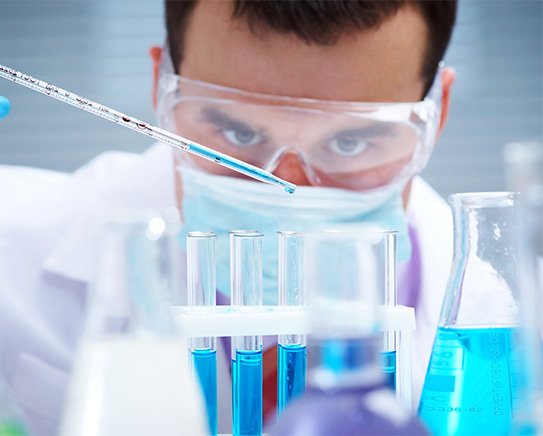
Molecular Biology
Molecular Biology is a field of study that focuses on the structure, function, and interactions of biological molecules, particularly nucleic acids (DNA and RNA) and proteins. It encompasses various techniques and approaches to understand the molecular mechanisms underlying biological processes.
- Central Dogma
- DNA Sequencing
- Gene Expression Analysis
- Molecular Diagnostics
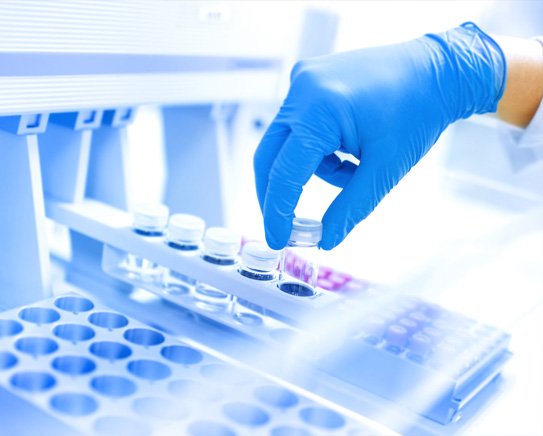
Cytopathology
Our SANAS accredited histology laboratory offers a diagnostic service to both the private and public sectors. Our large team of anatomical pathologists, technologists and technicians, with vast amounts of experience offers a diagnostic and consultative service on a number of tissue samples including biopsies and resection specimens.
- Immunocytochemistry
- Immunofluorescence
- Electron Microscopy
- Neuropathology
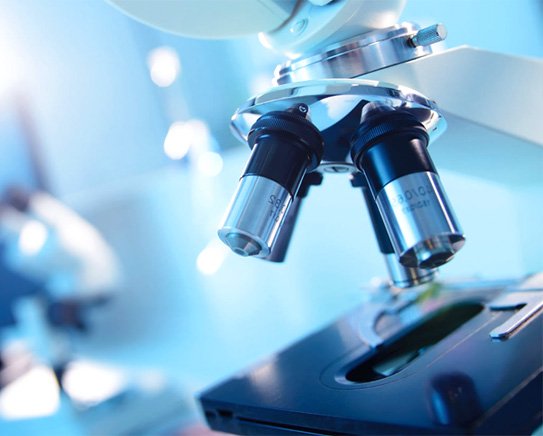
Histopathology
Histopathology is the branch of pathology that involves the microscopic examination of tissue samples to diagnose diseases and study the structural changes that occur in tissues affected by various conditions. It plays a crucial role in understanding the underlying causes, progression, and prognosis of diseases.
- Accurate Diagnosis
- Disease Staging and Grading
- Monitoring Treatment Response
- Tissue Preservation
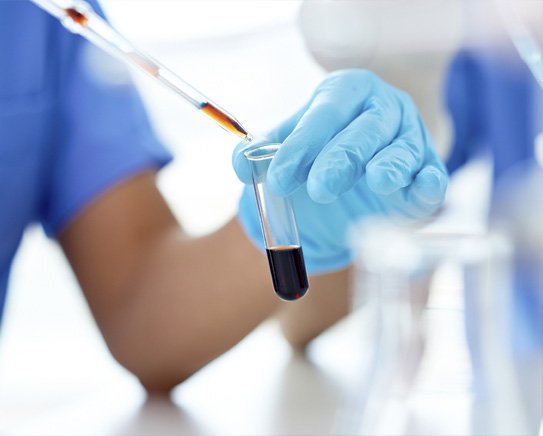
Hematology
We will perform both standard and specialized naturopathic lab tests as part of the assessment process. Naturopathic doctors can order many of the same diagnostic tests as your family physician, such as blood work, stool, urine, and saliva testing. We can also perform an H Pylori Breath Test, Stool Ova and Parasite testing.
- Gastrointestinal Testing
- Laboratory Tests on Hormonal Levels
- Cardiovascular Lab Tests
- Toxins & Pollutant Testing
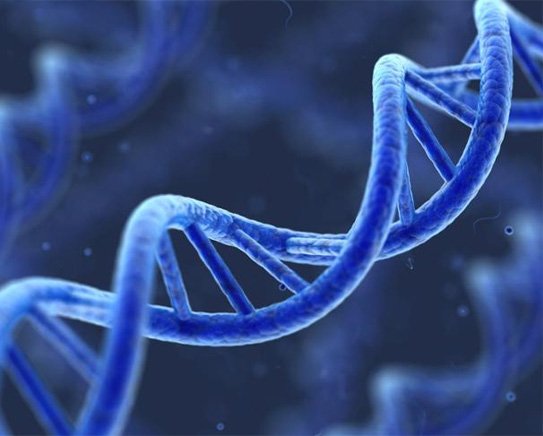
Microbiology
Genes are DNA instructions that we all inherit from our parents. Different “mistakes” in our genes, called mutations, can cause different diseases. Some of these diseases are rare, like cystic fibrosis or Huntington’s disease, others are common, like cancer. Genetic tests can be used to confirm the diagnosis or give you information about possible development of a disease.
- PCR
- DNA Sequencing
- Cytogenetics (Karyotyping and FISH)
- Microarrays
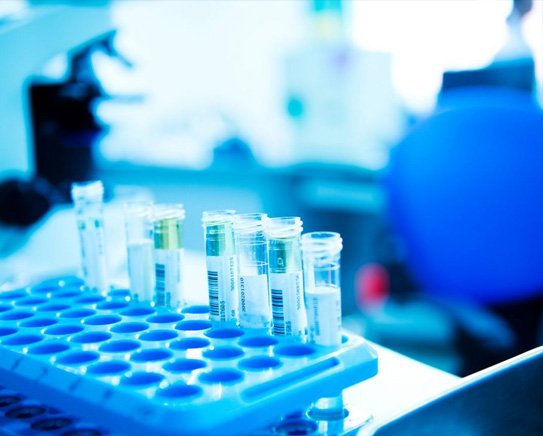
Biochemistry
Aside from tissue biopsy, cytology serves as an indispensable tool in screening and diagnosing cancer. In this technique, a cytological material is obtained from the patient, spread onto glass slides for microscopic examination, stained, screened for abnormalities and assessed prior to the issuance of a final report.
- Gynaecological Cytology
- Non-Gynaecological Cytology
- Fine Needle Aspiration Cytology
- BAL Differential Cell Count
Additional Laboratory Services
Results of test procedures processed on site are reported to the health care provider the same day during regular business hours. Testing and services available through our Laboratory include:
- Blood Bank / Transfusion
- Immunology and Flow Cytometry
- Reference Lab Testing referrals
- Chemistry
- Hematology
- Histology
- Serology
- Point-of-Care Testing
- Microbiology and Virology
- Molecular Pathology
- Bone Marrow Biopsy
- Coagulationy
- Pathology & Cytology
- Urinalysis
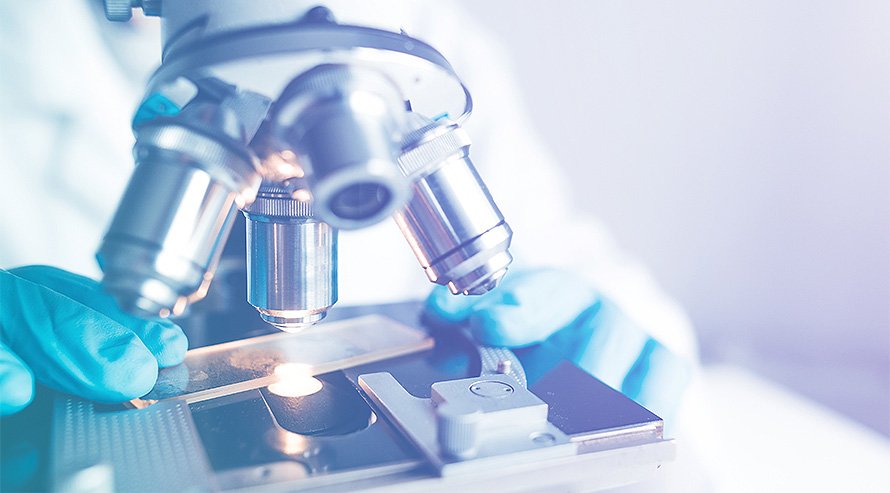
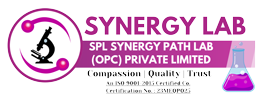
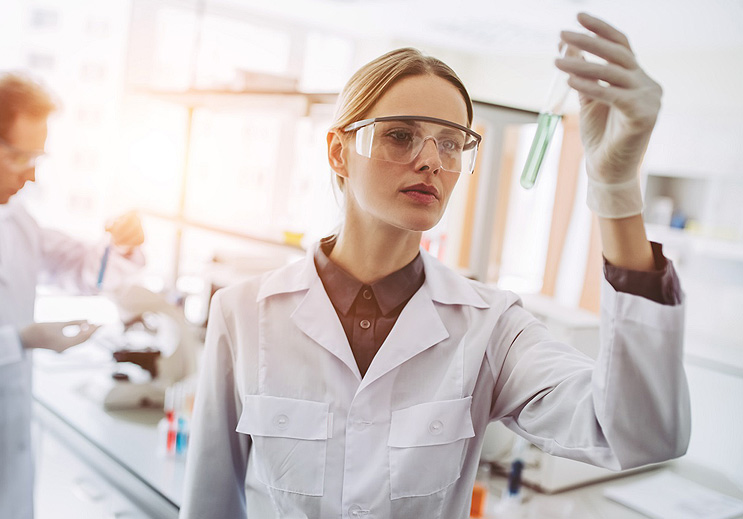
 Drop your details and we will guide you over call
Drop your details and we will guide you over call